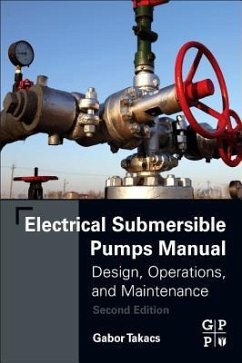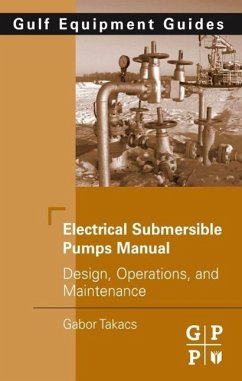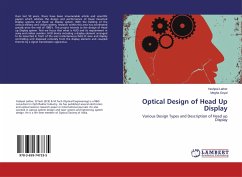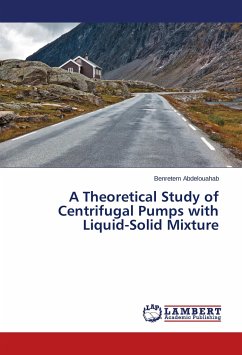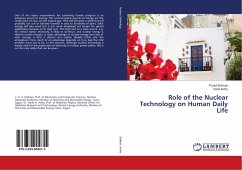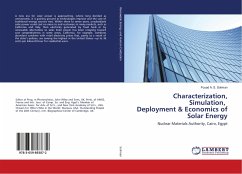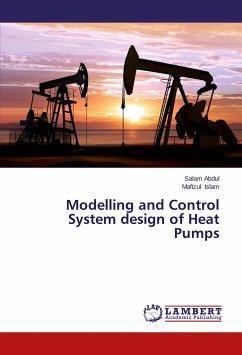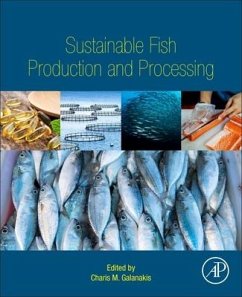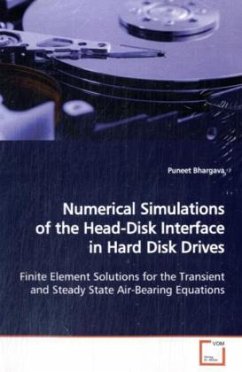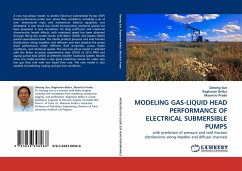
MODELING GAS-LIQUID HEAD PERFORMANCE OF ELECTRICAL SUBMERSIBLE PUMPS
with prediction of pressure and void fraction distributions along impeller and diffuser channels
Versandkostenfrei!
Versandfertig in 6-10 Tagen
52,99 €
inkl. MwSt.

PAYBACK Punkte
26 °P sammeln!
A new two-phase model, to predict Electrical Submersible Pumps (ESP) head performance under two- phase flow conditions, including a set of one- dimensional mass and momentum balance equations was developed. A new shock loss model incorporating rotational speeds has been proposed. A new correlation, for drag coefficient and interfacial characteristic length effects, with rotational speed has been obtained through fitting the model results with Beltur (2003) and Zapata (2003) partial experimental data. The model predicts pressure and void fraction distributions along impellers and diffusers and ...
A new two-phase model, to predict Electrical Submersible Pumps (ESP) head performance under two- phase flow conditions, including a set of one- dimensional mass and momentum balance equations was developed. A new shock loss model incorporating rotational speeds has been proposed. A new correlation, for drag coefficient and interfacial characteristic length effects, with rotational speed has been obtained through fitting the model results with Beltur (2003) and Zapata (2003) partial experimental data. The model predicts pressure and void fraction distributions along impellers and diffusers and also predicts the pump head performance under different fluid properties, pump intake conditions, and rotational speeds. The new two-phase model is validated with the Beltur air-water experimental data (2003) at 2915 RPM and Zapata partial data (2003) at different impeller rotational speeds. Results show the model provides a very good prediction except for under very low gas flow rate with low liquid flow rate. The new model is also capable of predicting surging and gas lock conditions.



